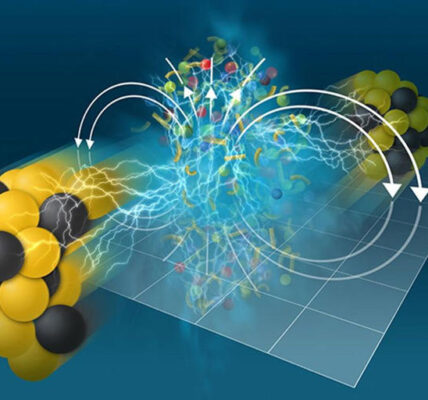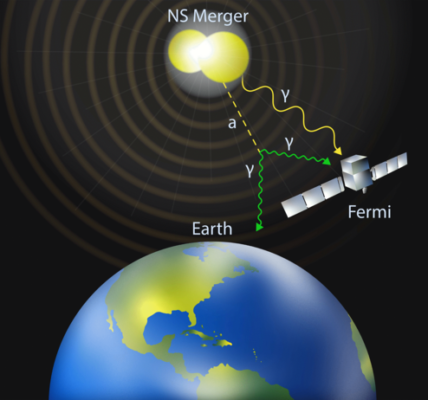Retrieving memories from the deceased brain is a fascinating yet complex concept that pushes the boundaries of neuroscience and technology. Explore the challenges and possibilities.

a 3d rendering of the brain breaking apart into little pieces
© Eoneren via Getty Images
Retrieving Memories from the Deceased Brain
What if we could retrieve memories from the deceased brain? This question delves into the intriguing intersection of neuroscience and science fiction. When someone passes away, their physical belongings remain, but their life experiences, emotions, and knowledge seem to vanish. Could science ever bring these memories back? While the idea is captivating, the process involves immense technical and ethical challenges. Let’s explore the possibilities and hurdles of retrieving memories from the deceased brain.
How Are Memories Stored in the Brain?
To understand the concept of retrieving memories from the deceased brain, it’s essential to first know how memories are stored. Memories are encoded in groups of brain cells, or neurons, forming physical traces called engrams. These engrams are networks of neurons connected through synapses, the junctions where signals pass between neurons.
Different parts of a memory—such as its emotional significance, sensory details, and context—are stored in various brain regions. For instance:
- The hippocampus is responsible for creating short-term and long-term memories.
- Sensory details are stored in the parietal lobe and sensory cortex.
This distributed nature of memory storage makes the retrieval process even more complex, especially in the case of retrieving memories from the deceased brain.
Scientific Progress and Experiments
Researchers have made significant strides in identifying and manipulating engrams, but only in animals so far. In a 2012 study published in Nature, scientists located specific neurons associated with a fear memory in mice and successfully activated them. This groundbreaking research shows that memories leave identifiable physical traces in the brain.
However, retrieving memories from the deceased brain in humans is a far more complex task. Human memories are intricate and interconnected, often tied to relationships, skills, and emotions. Unlike mice, our memories are not isolated to a single event or stimulus but are part of a dynamic and evolving system.
Theoretical Approaches to Memory Retrieval
Retrieving memories from the deceased brain would require advanced tools and technologies. Here are some theoretical methods scientists might use:
1. Mapping the Brain’s Neural Network
A full model of the human brain is a prerequisite for this endeavor. Such a model would map all the connections between neurons and the engrams they form. By identifying specific engrams associated with particular memories, scientists could theoretically attempt retrieval.
2. Machine Learning and Neural Networks
Machine learning algorithms that mimic brain functions could play a key role in retrieving memories from the deceased brain. These systems would need access to detailed, lifelong brain scans to track how memories were formed and modified over time. By using this data, a neural network could potentially recreate a specific memory.
3. Engram Activation
Activating the neurons within an engram might recreate parts of a memory. However, this method faces significant limitations. This means that even if the engram is activated, the memory retrieved might be incomplete or inaccurate.
Challenges in Memory Retrieval
While the idea of retrieving memories from the deceased brain is theoretically fascinating, it faces numerous scientific and practical challenges:
Memory Reconstruction
Human memory is inherently reconstructive. Instead of replaying events like a video, we piece together fragments of experiences. For example, someone might remember eating cake at a birthday party but forget who attended or the weather that day. This fragmented nature complicates accurate retrieval.
Dynamic Nature of Memory
Memories are not static files stored on a hard drive. They are dynamic and change over time as we revisit and reinterpret them. This fluidity means that even if memories could be retrieved, they might not reflect the original event accurately.
Brain Degeneration After Death
The physical state of the brain after death presents another major obstacle. Brain cells and synapses deteriorate rapidly, making it difficult to locate and activate engrams. Any attempt to retrieve memories from the deceased brain would need to overcome this biological degradation.
Ethical Considerations
Even if the technical challenges were solved, retrieving memories from the deceased brain raises ethical questions. Who has the right to access a deceased person’s memories? Could this technology be misused to extract private or sensitive information? These are important questions that society would need to address.
The Current State of Science
As of now, the retrieval of memories from the deceased brain remains beyond our reach. While scientists continue to unravel the mysteries of memory storage and retrieval, we are far from having the tools needed to tackle such a complex task. Memories are deeply personal and intertwined with our subjective experiences, making them difficult to decode even in living individuals.
Conclusion
Retrieving memories from the deceased brain is a concept that sits at the edge of our scientific imagination. While progress in neuroscience and technology may one day make this possible, significant hurdles—both technical and ethical—remain. For now, the memories of a loved one live on in the stories they shared and the impact they left behind. The journey to understand memory continues, reminding us of the profound complexity of the human brain and the experiences it holds.



